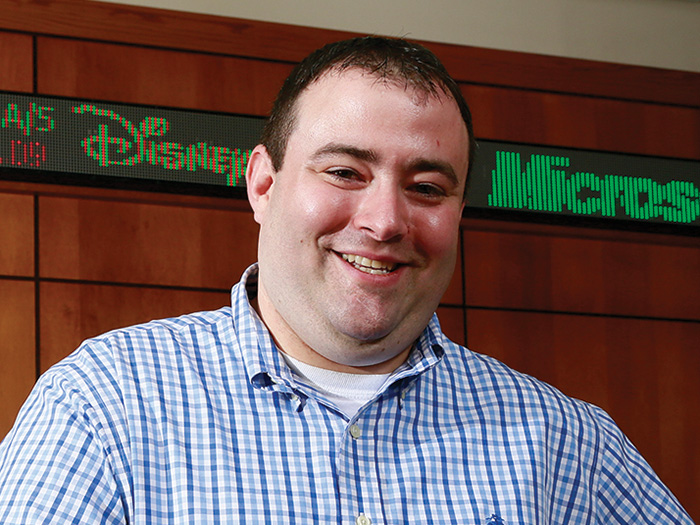Why Contest Mental Health Claims in Workers’ Comp When You Can Prevent Them to Begin With?
Mental illness touches the lives of many in our society, whether personally or through a friend, family member or colleague. Data from the Center for Disease Control shows that one in five Americans will experience a mental illness during a given year.
While mental illness has been a serious health issue for many years, the COVID-19 pandemic dramatically increased its frequency and cast a spotlight on the disease’s devastating effects.
To address mental illness in the workforce, an increasing wave of legislation aimed at expanding eligibility for workers’ compensation benefits has been enacted. However, there has been pushback that not all mental health issues should be covered by workers’ comp laws, and how this plays out in the courts remains to be seen.
In most states, mental injuries that arise out of and during the course of employment, are compensable.
However, it is usually the injured worker’s burden to prove that they have suffered an injury in the course and scope of employment and arising out of the employment.
Like many areas of the law, the compensability of a mental injury sustained at work depends upon the specific facts of each case. For example, the Commonwealth of Pennsylvania has three types of mental health claims: (1) physical/mental, (2) mental/physical and (3) mental/mental (which has the highest burden of proof).
An employee must prove the mental/mental health injury was caused by actual, objective, abnormal working conditions as opposed to a subjective, perceived or imagined employment event.
While defending against mental health-related litigation is a primary objective for employers, the best defense to mental injury claims is prevention.
This process starts with understanding your workforce, benefits and programs. Educating and training supervisors/managers and developing engagement practices that include employee care and wellness efforts are effective strategies for improving the culture and behavior of company personnel. Using employee assistance programs (EAPs), regular mental health check-ups, and stress and incident debriefings are crucial in the prevention process.
Every alleged claim and injury will be different, so it is imperative to establish a team able to conduct quick assessments, address immediate needs, establish short and long-term goals, develop a customized approach and formulate a plan for resolution.
Creating a workers’ compensation advocacy support system to answer employees’ questions about psychological claims demonstrates a company’s concern and enables employees to have direct contact with a live person, which shortens the response time. Such a program requires maintaining a trained staff skilled in delivering positive communication and essential messaging to employees.
This advocacy support system can also help to identify and control mental health claims in the early stages.
Although the COVID-19 pandemic is waning, mental health injury claims continue to rise, and employers/insureds must be vigilant in preventing and defending these claims.
With knowledge, compassion and a well-designed education and training program, many mental injury claims can be stopped in their tracks. &










